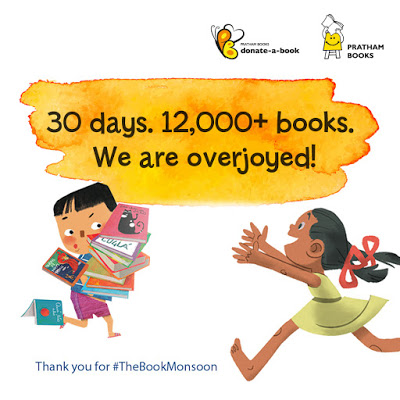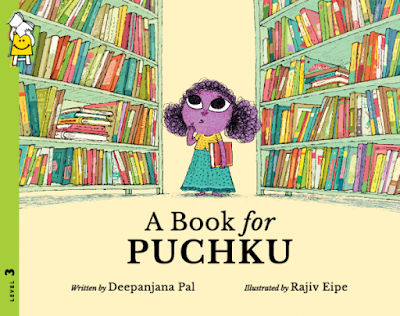The New Avataar of Literature in The Digital Age

Via Time:
Literature interprets the world, but it’s also shaped by that world, and we’re living through one of the greatest economic and technological transformations si
nce–well, since the early 18th century. The novel won’t stay the same: it has always been exquisitely sensitive to newness, hence the name. It’s about to renew itself again, into something cheaper, wilder, trashier, more democratic and more deliriously fertile than ever.
If you think about it, shipping physical books back and forth across the country is starting to seem pretty 20th century. Novels are getting restless, shrugging off their expensive papery husks and transmigrating digitally into other forms. Compared with the time and cost of replicating a digital file and shipping it around the world–i.e., zero and nothing–printing books on paper feels a little Paleolithic.
And speaking of advances, books are also leaving behind another kind of paper: money. Those cell-phone novels are generally written by amateurs and posted on free community websites, by the hundreds of thousands, with no expectation of payment. For the first time in modern history, novels are becoming detached from dollars. They’re circulating outside the economy that spawned them.
Daniel Suarez, a software consultant in Los Angeles, sent his techno-thriller Daemon to 48 literary agents. No go. So he self-published instead. Bit by bit, bloggers got behind Daemon. Eventually Penguin noticed and bought it and a sequel for a sum in the high six figures. “I really see a future in doing that,” Suarez says, “where agencies would monitor the performance of self-published books, in a sort of Darwinian selection process, and see what bubbles to the surface. I think of it as crowd-sourcing the manuscript-submission process.”
We can read in the rise of self-publishing not only a technological revolution but also a quiet cultural one–an audience rising up to claim its right to act as a tastemaker too.
So if the economic and technological changes of the 18th century gave rise to the modern novel, what’s the 21st century giving us?
Old Publishing is stately, quality-controlled and relatively expensive. New Publishing is cheap, promiscuous and unconstrained by paper, money or institutional taste. If Old Publishing is, say, a tidy, well-maintained orchard, New Publishing is a riotous jungle: vast and trackless and chaotic, full of exquisite orchids and undiscovered treasures and a hell of a lot of noxious weeds.
Not that Old Publishing will disappear–for now, at least, it’s certainly the best way for authors to get the money and status they need to survive–but it will live on in a radically altered, symbiotic form as the small, pointy peak of a mighty pyramid.
None of this is good or bad; it just is. The books of the future may not meet all the conventional criteria for literary value that we have today, or any of them. But if that sounds alarming or tragic, go back and sample the righteous zeal with which people despised novels when they first arose. They thought novels were vulgar and immoral. And in a way they were, and that was what was great about them: they shocked and seduced people into new ways of thinking. These books will too.
Read the entire article here.
Image Source






